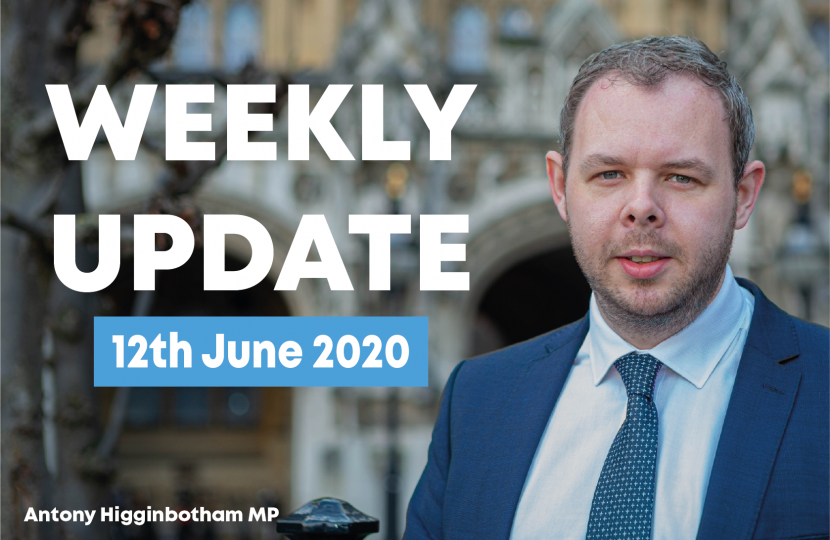
The aerospace sector is struggling. On far too frequent a basis we see news reports that a company is having to make redundancies and unfortunately that has included companies here in Burnley. I stand ready and willing to do anything I can to help those impacted by these decisions get the support they need. In this column I have set out the reasons for this struggle, the limitations we face, and how we might start to get past it.
The reasons for these redundancy decisions is evident, but that does not take away from the devastating personal impact. The Coronavirus has shaken the world, causing entire economies to stand still. The World Bank has estimated that global GDP growth, which powers developed countries like ours, will reduce this year by over 5%. The decisions we have taken, to protect millions of jobs and businesses through direct Government intervention, in the form of cold hard cash, will make a difference. It has shielded our economy from the very worst effects and should mean that as we emerge, businesses can fire up again. From next week we will see that happen with retail re-opening. Businesses which have been supported during this period with wage bills being paid and grants to tide them over, can start to trade again. We all need to do our bit to support those local businesses and, where we can, shop local.
Sadly, this isn’t true for aerospace. It is, by nature, one of the most global sectors. It is reliant on the super-prime manufacturers of Boeing and Airbus. When they build new aircraft, the whole supply chain prospers. And only months ago the outlook was strong with huge order books to sustain them, but that outlook has changed drastically. With people no longer travelling, and that looking set to continue for some time, output is being cut by significant volumes and the redundancies we see is a direct result of that.
Over recent weeks I have been working intensively on this issue, and there is reason for hope and optimism. Lancashire is home to the fourth largest aerospace cluster in the world and our strength across Burnley and the whole county is that cluster of suppliers. A mix of the very large like BAE, to the small, family-owned engineering company, which supplies niche parts. Being grouped together means we have access to shared skills and a network of support when we need it.
Whilst the level of Government support provided so far has made a difference, it is clear that we need some more support. That is the only way we will keep the sector operating and give it a shot at bouncing back. I have outlined to Government a number of proposals to do this, including investments in green technology research & investment which would help the sector transition. These proposals are now being worked through and I will keep pushing, publicly and privately, for this support to come.
Business also has a role to play, supporting its workforce through this difficult time and looking into opportunities to diversify. Finding new opportunities for growth from clean aircraft engines to supplying Government projects like HS2.
No amount of Government support can replace the lost demand for air travel and so not every job can be saved. But just as aerospace has helped to propel Burnley in the 20th century, turning us from a textile town to an engineering centre, so it will in the 21st century too. With the right support I know our local businesses will prosper and over time replace the jobs that have been lost. Delivering that support remains my utmost priority.

